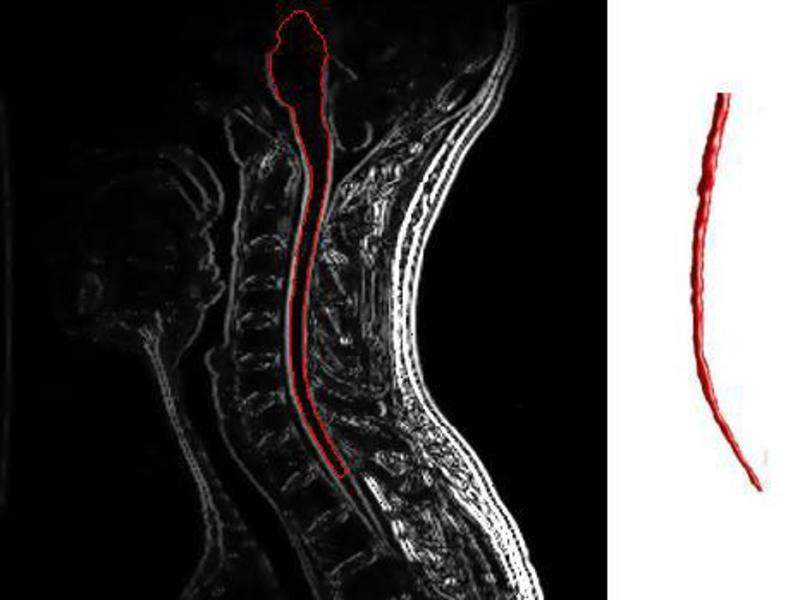
German drugs and chemicals group Merck KGaA has announced early results of its Phase II study trialling Bruton’s tyrosine kInase (BTK) inhibitor evobrutinib as a treatment for multiple sclerosis (MS).
The study enrolled 267 patients with relapsing instances of the condition. Participants were randomised to receive either evobrutinib, placebo or Biogen’s rival sclerosis medication Tecfidera over 24 weeks, after which patients in the placebo arm were switched to a low dose of evobrutinib for the remainder of the trial.

Discover B2B Marketing That Performs
Combine business intelligence and editorial excellence to reach engaged professionals across 36 leading media platforms.
Researchers were predominantly interested in assessing the efficacy of evobrutinib over the initial 24-week period, and found that it was more effective than placebo in reducing the gadolinium-enhancing T1 lesions that characterise multiple sclerosis relapses. These lesions are caused by inflammation, scarring or tissue damage and can be seen on MRI brain scans, appearing as black spots. BTK inhibitors reduce inflammation by suppressing the body’s immune response without affecting T-cells.
“We are encouraged by these early positive results of evobrutinib in relapsing MS,” Merck head of global R&D Luciano Rossetti said. “The trial will continue so as to further inform our clinical development strategy for evobrutinib in MS.”
Though Merck has said the trial’s findings were positive, more information on the exact difference between the efficacy of evobrutinib compared with both the placebo and Tecfidera is yet to be disclosed. Also excluded was any information on evobrutinib’s negative side-effects. Such omissions in the announcement limit public understanding of evobrutinib’s efficacy and safety.
Merck is due to give a series of readouts on the trial’s findings, which will offer more insight into whether optimism over the results is warranted. Evobrutinib is due to be tested in a Phase II b rheumatoid arthritis trial, and a Phase II trial of the BTK inhibitor in treating systemic lupus erythematosus is expected to announce its data in 2019.

US Tariffs are shifting - will you react or anticipate?
Don’t let policy changes catch you off guard. Stay proactive with real-time data and expert analysis.
By GlobalDataResults from these trials, in addition to the multiple sclerosis study, will be used to determine whether evobrutinib should advance to a multi-indication Phase III trial stage. Merck has previously said it is looking into potential partnerships and financing to help propel evobrutinib on to the market.
Though a forerunner in the use of BTK inhibitors to treat immunological disorders, Merck is not the only company to have examined the link between these drugs and immune cell signalling. For instance Principia Biopharma based its clinical-phase pipeline on the phenomenon, and received $40m from Sanofi for an earlier-stage asset.





